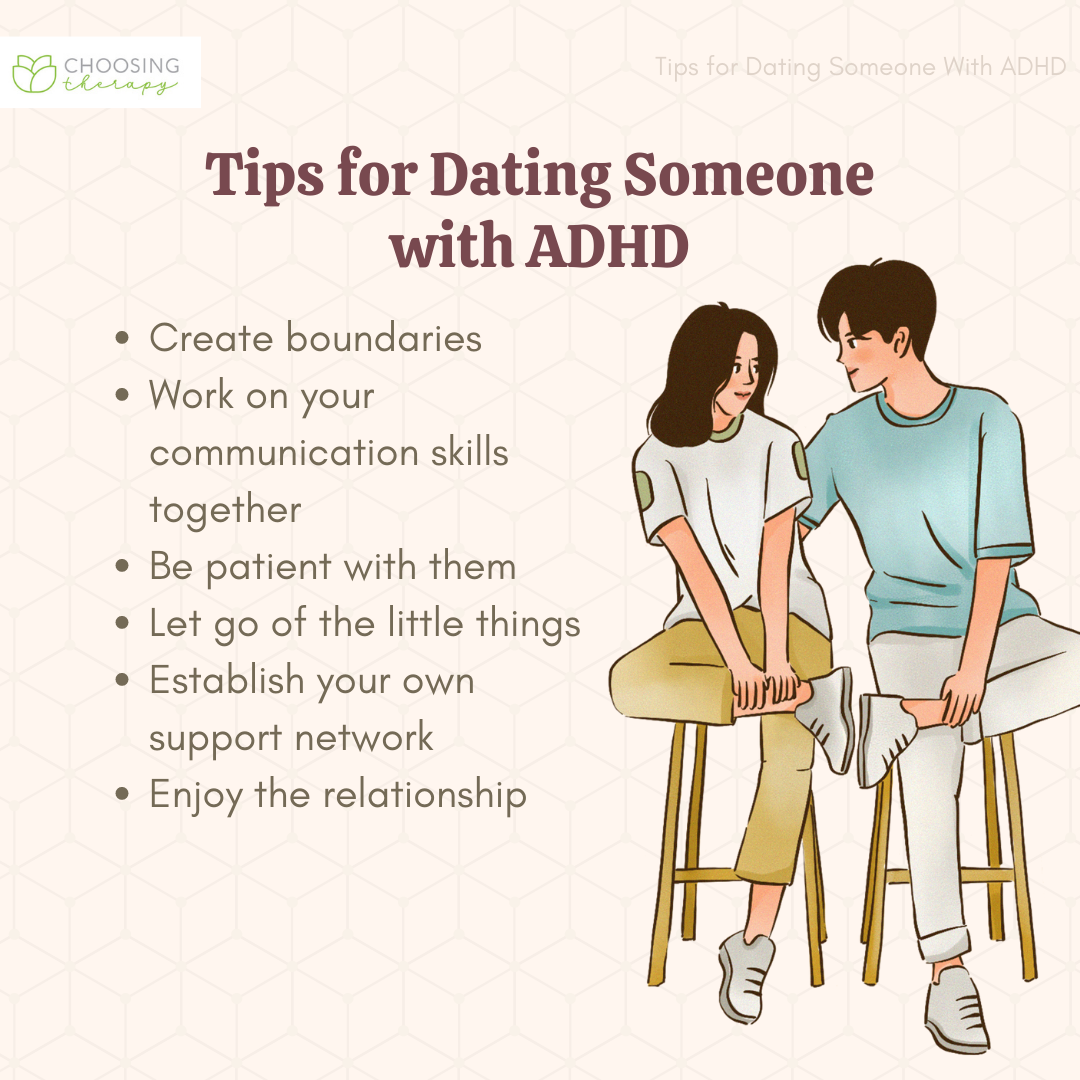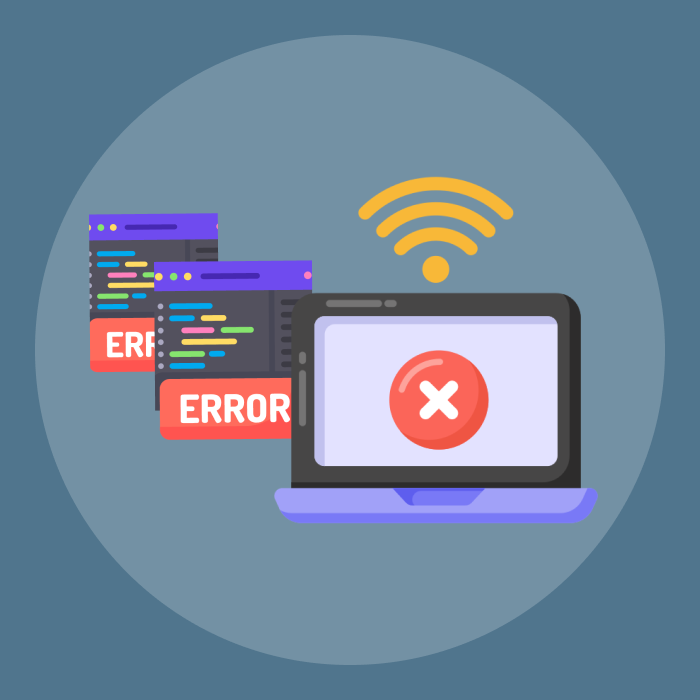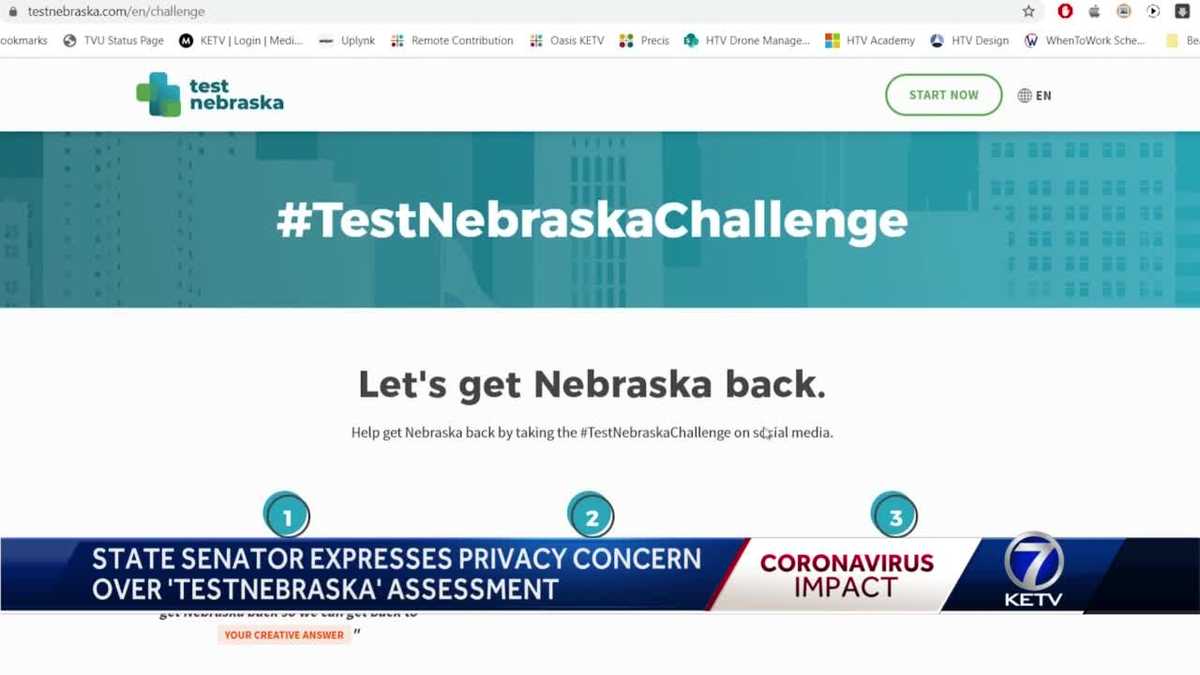I Think I Have Adult ADHD: What Should I Do Now?

Table of Contents
Recognizing the Signs of Adult ADHD
While often associated with hyperactive children, adult ADHD presents differently. Symptoms can be subtle and easily mistaken for other issues, making diagnosis more challenging. Common symptoms include inattentiveness, hyperactivity, and impulsivity. Let's delve into each:
-
Inattentiveness: This involves difficulty sustaining attention, even in enjoyable tasks. Examples include:
- Frequently losing things (keys, wallet, phone)
- Difficulty completing tasks, even simple ones
- Being easily distracted by external stimuli
- Frequent forgetfulness, both large and small
- Struggling to organize tasks or belongings
- Difficulty listening attentively in conversations
-
Hyperactivity: In adults, hyperactivity might manifest as restlessness, rather than excessive running around. Examples include:
- Feeling restless or fidgety
- Excessive talking, often interrupting others
- Difficulty relaxing or engaging in quiet activities
- Feeling internally driven and struggling to slow down
-
Impulsivity: This refers to acting without thinking, leading to potentially negative consequences. Examples include:
- Interrupting conversations frequently
- Making rash decisions without considering the outcomes
- Engaging in risky behaviors
- Difficulty controlling emotions, leading to outbursts
Adult ADHD symptoms often differ from those seen in childhood. Adults may exhibit more subtle symptoms like chronic procrastination, difficulty with organization, and emotional dysregulation. Take some time to reflect on your own experiences. Do these symptoms resonate with you?
Seeking a Professional Diagnosis
A formal diagnosis from a qualified healthcare professional is crucial for accurate assessment and effective treatment. Don't rely on self-diagnosis. A proper diagnosis involves a thorough evaluation that might include:
- Questionnaires: Standardized questionnaires assessing ADHD symptoms.
- Interviews: Detailed discussions about your symptoms, history, and daily life.
- Neuropsychological testing: In some cases, this may be used to rule out other conditions and provide a more comprehensive evaluation.
Several types of professionals can diagnose ADHD:
- Psychiatrists
- Psychologists
- Clinical psychologists
- Neuropsychologists
It's highly recommended to find a professional experienced in diagnosing and treating adults with ADHD. Don't let concerns about stigma or the cost of diagnosis prevent you from seeking help. Early diagnosis can significantly improve your quality of life.
Gathering Information and Preparing for Your Appointment
Before your appointment, proactive preparation can maximize the effectiveness of your visit. Consider the following:
-
Keep a symptom journal: Track instances of forgetfulness, difficulty concentrating, impulsive actions, and emotional regulation issues. Include dates and times for better context. Note the impact of these behaviors on your daily life.
-
Gather information from loved ones: Family and friends may have observed behaviors you haven't noticed yourself. Their insights can be valuable.
-
Prepare questions for your professional: This ensures you address all your concerns and receive comprehensive information. Some example questions include: "What diagnostic tests will be performed?", "What treatment options are available?", "What is the prognosis for adult ADHD?", "What support groups are available?"
Exploring Treatment Options for Adult ADHD
Treatment for adult ADHD typically involves a combination of approaches:
-
Medication: Stimulants (like methylphenidate or amphetamine) and non-stimulants (like atomoxetine) are commonly prescribed to improve focus and reduce impulsivity. Your doctor will determine the most suitable medication and dosage based on your individual needs.
-
Therapy: Cognitive Behavioral Therapy (CBT) and behavioral therapy can help you develop coping mechanisms, improve self-management skills, and address underlying emotional challenges.
A holistic approach is often most effective. This might include:
- Lifestyle changes: Regular exercise, a balanced diet, and sufficient sleep are all crucial for managing ADHD symptoms.
- Support groups: Connecting with others who understand your challenges can provide invaluable support and encouragement.
- Online resources: Numerous websites and support groups offer valuable information and community support.
Taking the Next Steps with Your Adult ADHD Concerns
In summary, addressing potential adult ADHD involves recognizing the symptoms, seeking a professional diagnosis, and exploring various treatment options. Remember, a formal diagnosis is essential for creating a tailored treatment plan. If you think you might have adult ADHD, don't delay seeking a diagnosis. Take control of your mental health today. Schedule an appointment with a qualified healthcare professional to discuss your concerns. Early intervention can lead to significant improvements in your overall well-being and quality of life.
For more information and support, visit the websites of organizations like [link to relevant organization 1] and [link to relevant organization 2].

Featured Posts
-
 Trumps Trade War With China Examining The Consequences Of Tariffs On The Us Economy
Apr 29, 2025
Trumps Trade War With China Examining The Consequences Of Tariffs On The Us Economy
Apr 29, 2025 -
 Louisville Residents Submit Your Storm Damage Debris Pickup Request
Apr 29, 2025
Louisville Residents Submit Your Storm Damage Debris Pickup Request
Apr 29, 2025 -
 Snow Fox Service Disruptions Tuesday February 11th
Apr 29, 2025
Snow Fox Service Disruptions Tuesday February 11th
Apr 29, 2025 -
 The January 29th Dc Air Disaster Uncovering The Untold Story
Apr 29, 2025
The January 29th Dc Air Disaster Uncovering The Untold Story
Apr 29, 2025 -
 Celebrating Culture The Annual Canoe Awakening Event
Apr 29, 2025
Celebrating Culture The Annual Canoe Awakening Event
Apr 29, 2025
Latest Posts
-
 Adidas Spring Sale 14 Slides Flying Off Shelves
Apr 30, 2025
Adidas Spring Sale 14 Slides Flying Off Shelves
Apr 30, 2025 -
 Anomalnoe Teplo Privelo K Zakrytiyu Gorok V Chelyabinske
Apr 30, 2025
Anomalnoe Teplo Privelo K Zakrytiyu Gorok V Chelyabinske
Apr 30, 2025 -
 Nebraska Senators Express Concerns Over Proposed Gretna Development
Apr 30, 2025
Nebraska Senators Express Concerns Over Proposed Gretna Development
Apr 30, 2025 -
 Iz Za Tepla V Chelyabinske Zakryty Vse Gorki
Apr 30, 2025
Iz Za Tepla V Chelyabinske Zakryty Vse Gorki
Apr 30, 2025 -
 Biker Hospitalized After Serious Accident Involving A Lorry
Apr 30, 2025
Biker Hospitalized After Serious Accident Involving A Lorry
Apr 30, 2025
